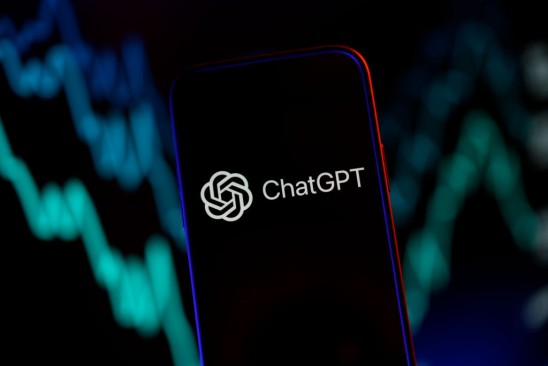
by motley fool — Artificial intelligence (AI) and machine learning (ML) are more than just buzzworthy terms for some cutting-edge companies. They are the foundations on which incredible businesses have been built. Even better, some of these companies make hay in industries essential to the economy. Cybersecurity is top of mind for C-suite executives in all industries, government agencies, school districts, and even nonprofits. Cybercriminals are always on the prowl, costing organizations billions each year. IBM notes that up to 90% of cyberattacks and 70% of breaches come through endpoint devices. AI-powered CrowdStrike Holdings (NASDAQ: CRWD) is the leader in endpoint security with a comprehensive, entirely cloud-based platform. The company’s results are on fire, as I’ll discuss below. Meanwhile, data centers are crucial for cloud applications, data storage, computing power, and (definitely) complex AI and ML software that require massive computing power. Nvidia (NASDAQ: NVDA) is light-years ahead of its competition, and its data center software and hardware are mission critical. This is why its data center revenue rose 171% year over year last quarter to $10.32 billion.
CrowdStrike is firing on all cylinders
CrowdStrike provides comprehensive security with its Falcon platform. The advantages are several: Falcon is cloud-native (no on-premises hardware required), customizable, and uses AI to analyze data and provide real-time protection. The platform is modular, so customers can choose which modules they want or need. This plays into CrowdStrike’s land-and-expand strategy: It gains a customer, proves the platform’s worth, and then the customer adds more modules — creating more revenue. This shows up in the company’s dollar-based net retention rate (DBNR), which has been above 120% dating back to the first quarter of fiscal 2019. DBNR measures the year-over-year increase in sales from an average customer. Above 100% is good, and above 120% is excellent. You can probably guess how the chart of annual recurring revenue (ARR) growth looks: The meteoric rise to $2.9 billion in ARR has enabled CrowdStrike to generate $416 million in free cash flow through the second quarter of this 2024 fiscal year and stack up $3.2 billion in cash against $742 million in long-term debt. Having cash on hand to fund growth is crucial in this environment, and the company likely won’t have to borrow money at unfavorable interest rates.










